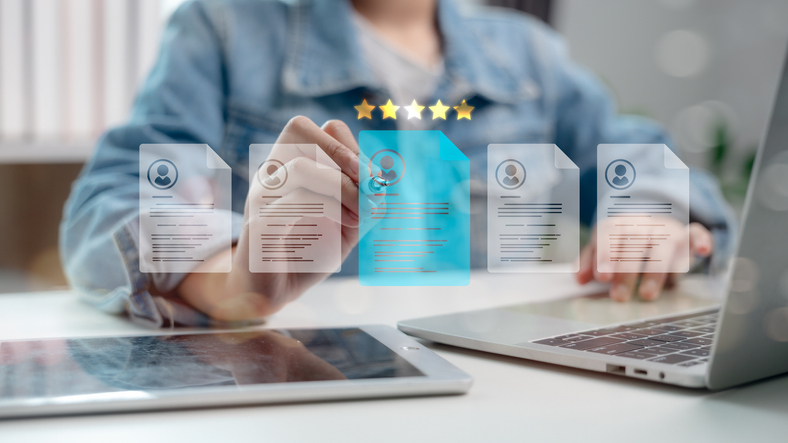Who Owns the Data?
Any working in a district or school talking about “data driven decision making?” I see that hand.
Data has been a big word for a long time. I have a natural knee jerk reaction reaction to the word for two reasons.
1. In many cases, the data that is being used in schools is often superficial, low level test scores. Not always but in an effort to have lots of data, the tendency is to go to the lowest common denominator and collect wack sacks of numerical data that fits nicely in spreadsheet in order to spit out fancy graphs and charts. The minute you go down this road, it’s easy to get lost in numbers and rarely does the conversation move towards determining if the data collected even matters. Good assessment is expensive and messy. These are not traits most schools and districts are willing to tolerate. “Messy” makes for great conversations, but lousy graphs.
2. The second opposition I have is about agency and ownership. Alan November has been asking for years, “Who Owns the Learning?” which is an important question. But I’ve been asking “Who Owns the Assessment?” I’m not sure we can really give ownership of the learning to students without them having some say in the assessment. Too often students complete work and give it to the teacher as if to say, “I”m done, now it’s your problem”. If a student truly owns the learning, they’ll be reluctant to hand it over unless know they will have some say as to how it’s assessed. Then when it is assessed, they should be able to do something with that data. They should own it.
Lately I’ve come to appreciate data a lot more. Mostly because it’s my data, I collect it and I analyze it. I have apps that track my steps, my sleep, my travel and golf game. I find these numbers interesting. I also know they don’t tell the whole story. Having lots of data in can be useful. But the big thing is this is my data, I chose to collect the data and ascribe meaning to it. If someone else were to provide these numbers for me they wouldn’t carry nearly the same weight. I would question why, I would resist and ultimately I would likely ignore.
Schools continue to rely on the power they have over students and treat them like factory workers trying to attain a corporate goal of increased production. Many students play along willingly but at the end, the data really belongs to them.
My own efforts to give more control over assessment to my students provides the opportunity for them to take their learning beyond the confines of the course and value learning for learning's sake.
Tools and ideas to transform education. Sign up below.
So if you’re still a fan of data driven decision making, let me caution you to consider:
- Who gets to choose which data is collected?
- Who gets to analyze it?
If the answer to these questions doesn’t include the learner, I’d suggest you’re doing it wrong. Finally I also caution my own data collection habits not to be overly consumed by them. Goal setting is a fine and useful way to learn but at the same time, we can be overly consumed by metrics. Behind all that data, there is a story. Ultimately that’s where the real gold lies.
cross-posted at http://ideasandthoughts.org/
Dean Shareski is a Digital Learning Consultant with the Prairie South School Division in Moose Jaw, SK, Canada, specializing in the use of technology in the classroom. He lectures for the University of Regina and is the Community Manager of the Canadian DEN or Discovery Educators Network.
